Automate email configuration as part of the provisioning process.
Ensure only approved devices can access emails.
Set up the right email apps, configure settings, and sync contacts and calendars.
Wipe emails on devices that are noncompliant or during decommissioning.
Scale your email provisioning by dynamically loading variables like usernames from directory services or the Mobile Device Manager Plus server.
Enforce data loss prevention (DLP) policies, like restrictions on copy and paste, screenshots, sharing attachments, and adding personal accounts.
Let users access corporate data stored on the Exchange server, such as emails, contacts, calendars, and tasks, even when they are offline.
Audit access to your Exchange and Microsoft 365 mail servers and restrict access for unmanaged devices.
Use a built-in email attachment viewer to open attachments and allow only approved apps to open them, if needed.
Design and manage a standard custom signature across the organization or customize email signatures for different departments.
Let users access vCards with contact information, save them to their devices, and periodically sync them with CardDAV sync.
Allow access to subscribed calendars with CalDAV sync to ensure employees do not miss any scheduled events.
Remotely wipe email configurations from lost, stolen, jailbroken, rooted, and retired devices.
Remotely predefine permissions and customize functions by preconfiguring parameters, such as account type, domain name, and preferred authentication method, for various email clients, including Outlook, Gmail, Apple Mail, Samsung Email, and Zoho Mail. Also ensure that device access policies and data sharing restrictions are implemented from the start

Enable the secure exchange of messages between the email client and server over SSL/TLS channels while using end-to-end encryption standards like S/MIME to encrypt messages at rest and in transit. Add digital signatures to verify the sender's authenticity and validate the message's integrity.
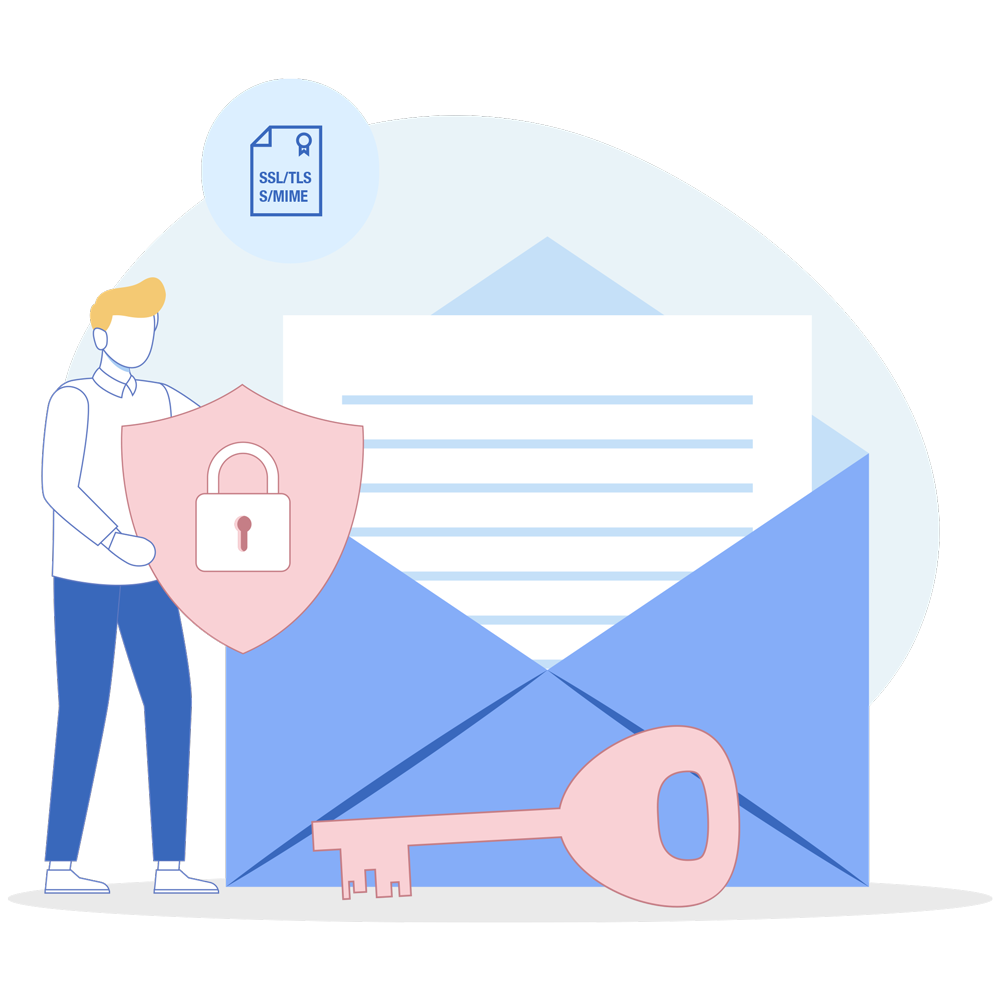
Automate granting business app and mailbox access to managed devices while preventing unmanaged devices from accessing Exchange, Microsoft 365, Google Workspace, and Zoho Workplace. Provide a grace period for access, during which users can comfortably enroll their devices. Specify target users for conditional access policies, such as all field employees or contract employees.
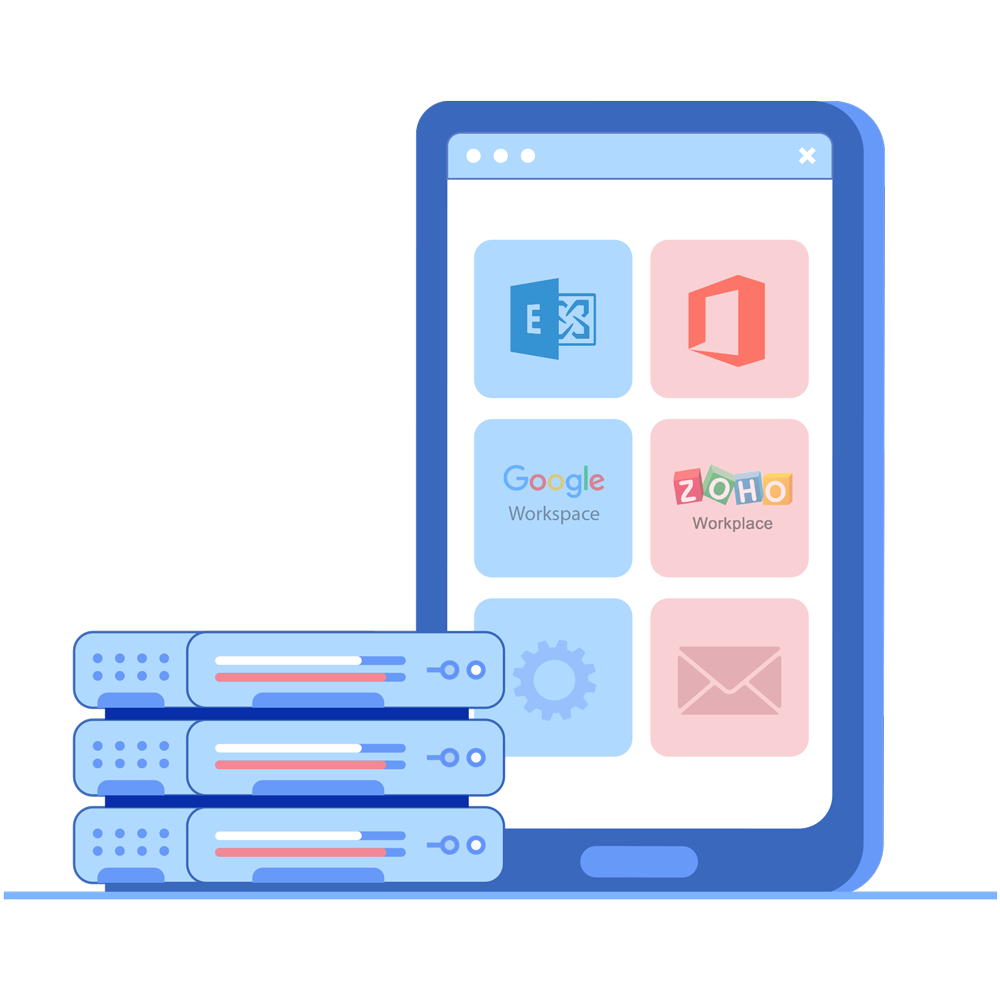
Provide a secure, frictionless sign-on experience with single sign-on. Allow users to log on just once to access all the required web services and apps, including email client apps, thereby eliminating password fatigue. Additionally, based on your organization's requirements, leverage certificate-based authentication to ensure users are not required to sign on even once, effectively using a zero sign-on method.
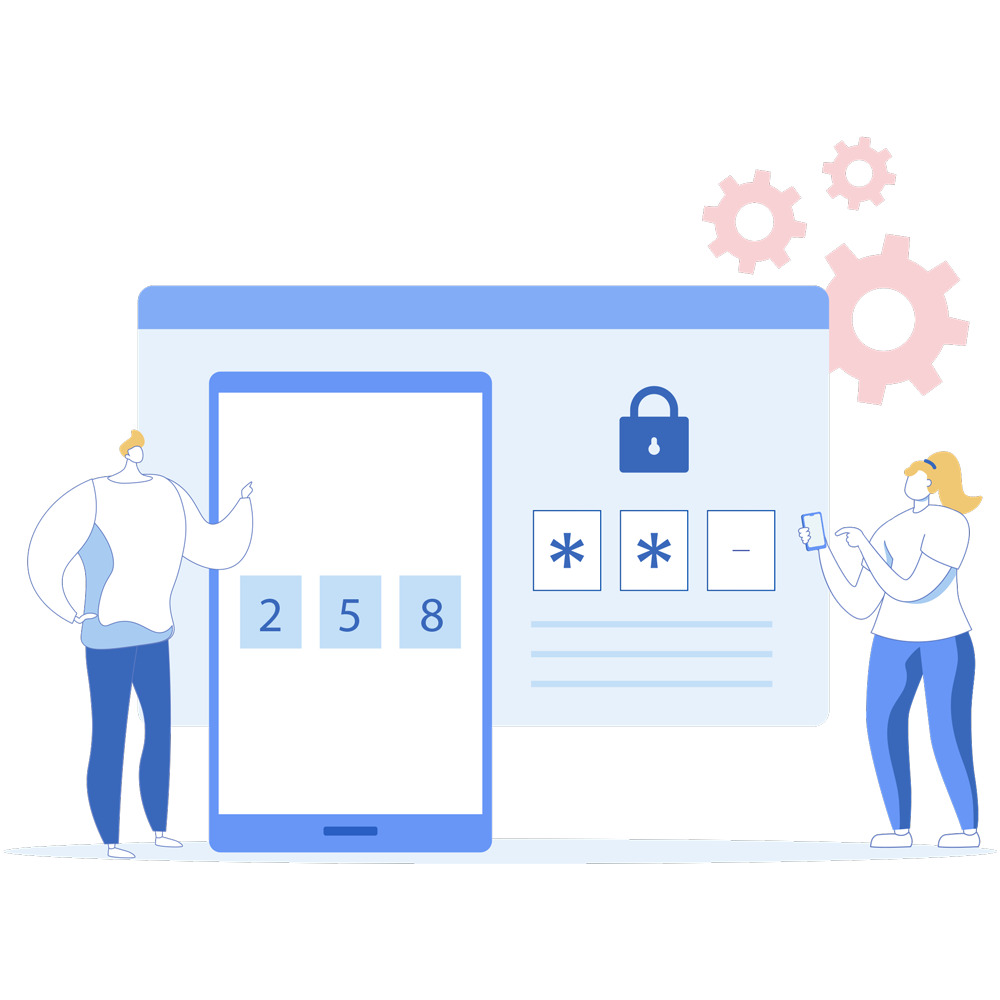
Eliminate human error from the email security equation with advanced security restrictions, such as blocking unapproved email apps, preventing exports to other email accounts, and restricting email forwarding. Prevent the use of HTML format, which could pose a threat to devices in the form of hidden viruses and other malicious software.
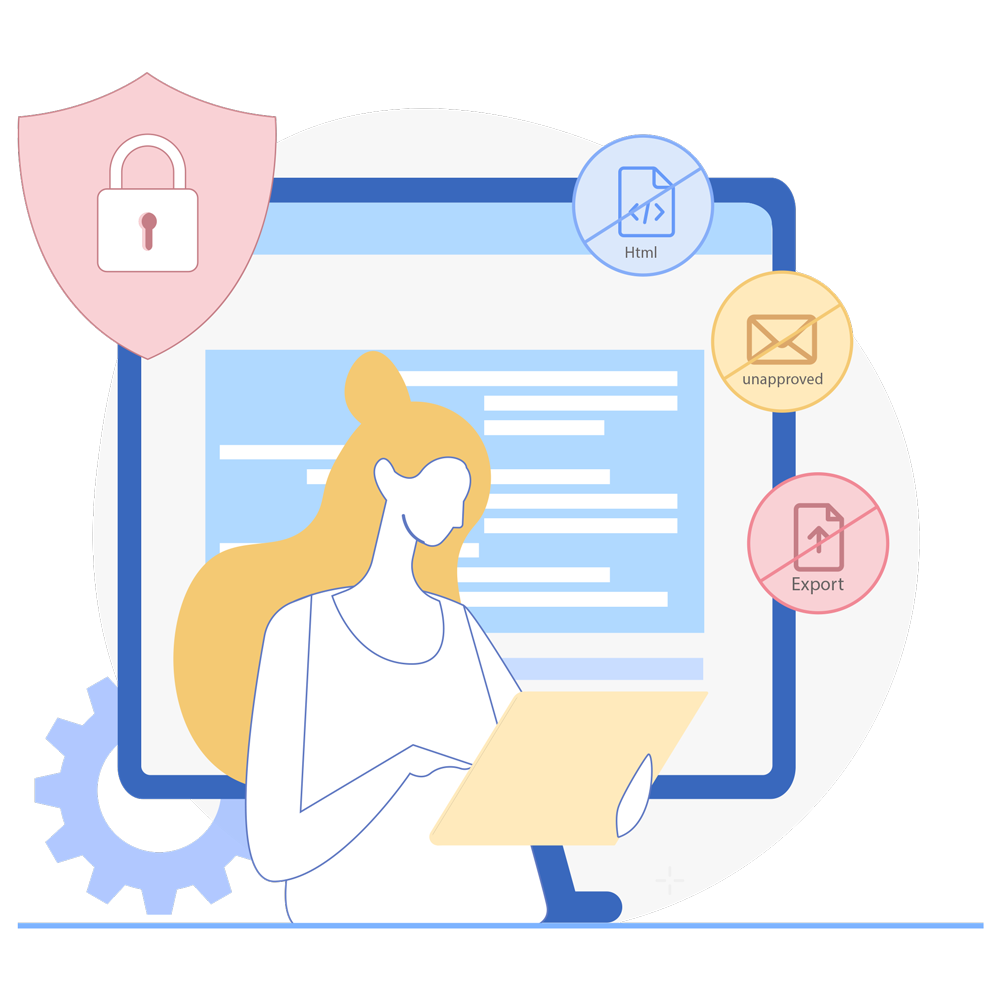
Containerize workspaces and restrict corporate email access to only managed apps on personal devices. Securely view and organize your email attachments using the built-in document viewer. Disable data syncing with cloud services and non-work apps to prevent email content from inadvertently being stored on untrusted third-party servers.
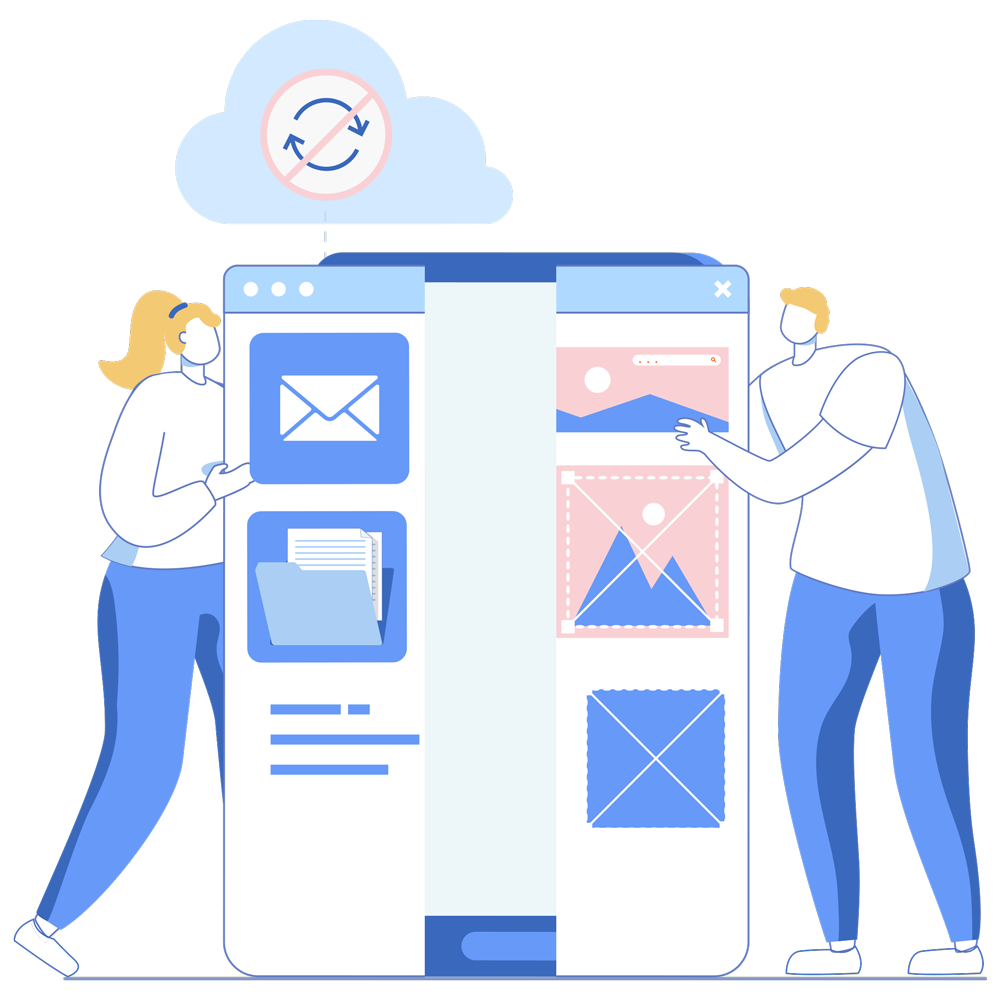








We have been using Mobile Device Manager Plus for over a year now, and it has assisted us in staying compliant with our organization's security and compliance policies. We are able to safeguard our customer data, track our devices, and implement policies over the air.
Syed Ahmad Rasool Sr. manager of technology security, Vodafone
Mobile Device Manager Plus is a powerful safeguard against the threat of corporate content coming into the wrong hands. This robust solution enables us to centralize all mobile devices on the same console as a web-portal which is segmented by countries. The access for local IT teams in each country is restricted to the mobile devices in their respective country, ensuring better security.
Abdoul Karim Barry Systems engineer, Microcred Group